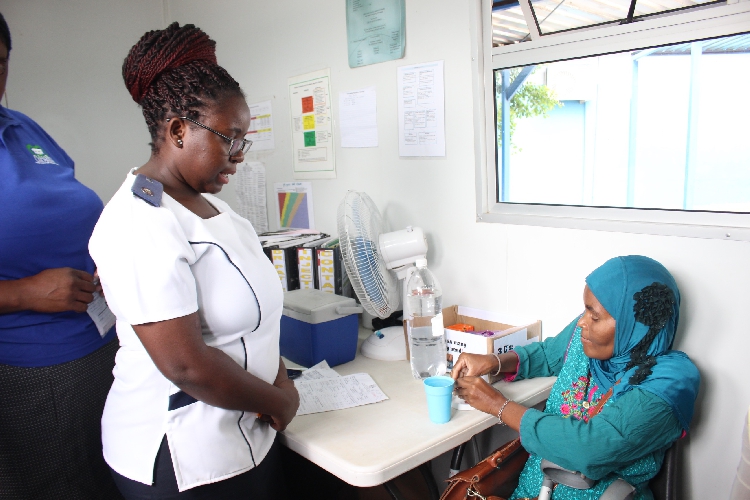Civil Society Organisations, United Nations agencies and other partners are working with the SADC Parliamentary Forum to hold the first ever Women’s Parliament in Mahe, Seychelles next week from Wednesday to Thursday.
The organisers say the Women’s Parliament will bring together SADC women members of parliament, and their counterparts from other parts of the world, to critically discuss and sustain the engagement of parliaments to implement Resolution 60/2 of the United Nations Commission on the Status of Women (UNCSW).

The resolution focuses on women, the girl-child and HIV and Aids, which is still a major grim reaper claiming countless lives.
Through Resolution 60/2, the United Nations Commission on the Status of Women (UNCSW) calls on governments, international partners and civil society to give full attention to the high levels of new HIV infections among young women and adolescent girls, and their root causes.
As the Report of the United Nations’ Global Commission on HIV and the Law noted almost exactly five years ago, such root causes include a country’s body of laws concerning HIV and Aids.
The evidence indicates that an enabling legal environment, including one that ensures both the legal and practical equality of women and girls, is much more likely to result in lower rates of HIV infection than a punitive one that enshrines historical inequalities.
The SADC Parliamentary Forum is the deliberative body that brings together 14 National Parliaments in the SADC Region to discuss common issues affecting the SADC region as well as to support the regional integration agenda.
Role of Parliaments
Both the global Agenda 2030 and the Africa-focused Agenda 2063 recognise the essential role of parliaments and parliamentarians in achieving sustainable human development, including the achievement of healthy societies.
Through their law-making function, they may repeal harmful laws, and enact appropriate ones. Through their oversight function, they may monitor the implementation by the executive branch of good government public policy.
And via their representative function, they may ensure the voices of the most vulnerable are brought to the table so that no one is left behind.
These are all important reasons that have led the SADC PF to give particular focus and attention to the issue of HIV and Aids at the Women’s Parliament.
Increased vulnerability
Consideration of women and girls in the HIV discourse is a response to the high burden of disease among women and girls in the region and globally. United Nations statistics indicate that 51 per cent of all adults living with HIV globally as of 2015 were women aged 15 years and older. In East and southern Africa, women account for more than half of the total number of people living with HIV.
Represented in actual numbers, the data shows 17.8 million women live with the HIV virus across the globe, of which 900,000 accounted for new HIV infections among adults as of 2015.
The United Nations estimates that an estimated 2.3 million adolescent girls and young women aged 15-24 years, are living with HIV, constituting 60 per cent of all young people living with the virus. These statistics indicate the urgency needed by policy makers for countries to benefit from the demographic dividend that HIV and Aids threaten to jinx.

